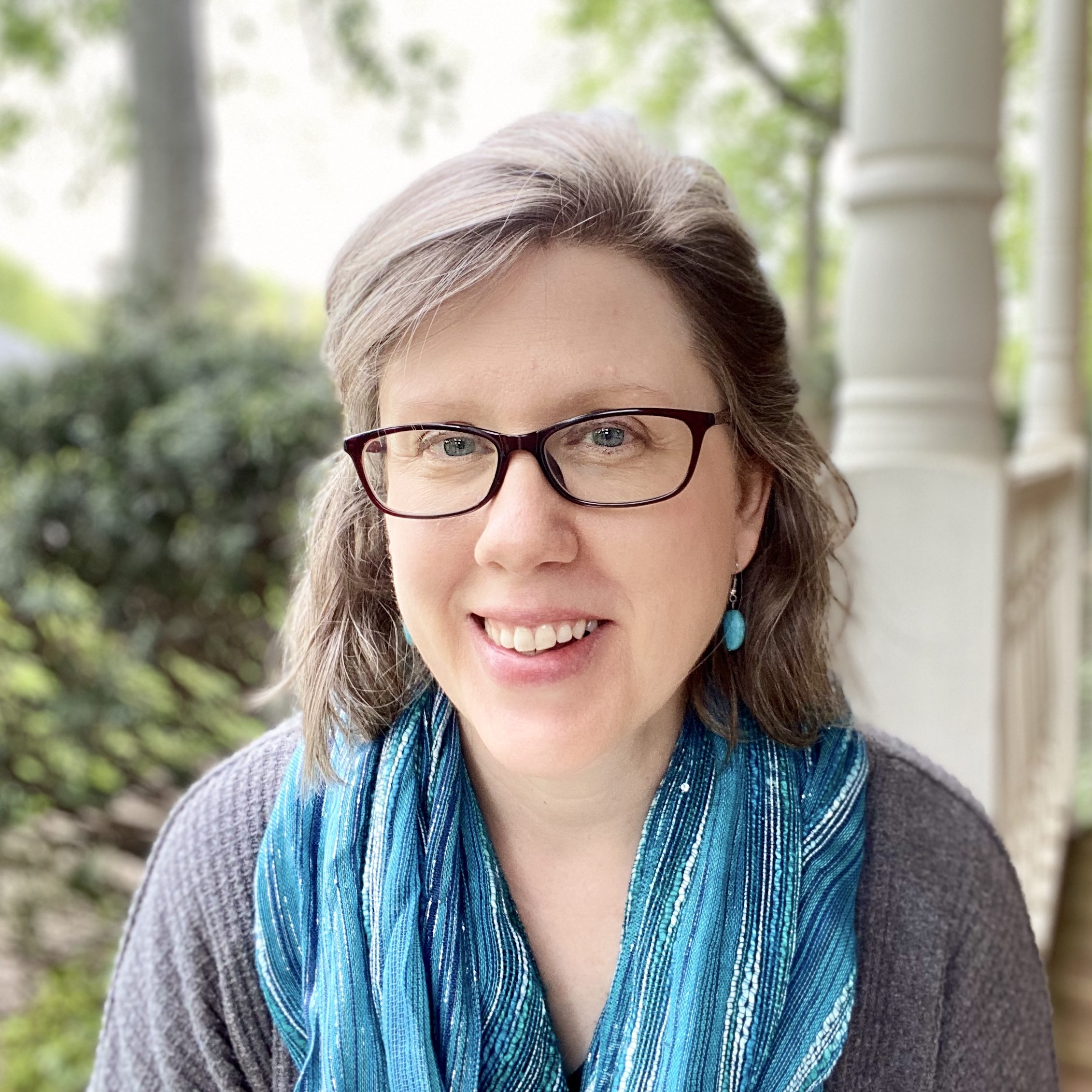Poets & Writers just published their rankings of both traditional and low-residency MFA programs for creative writing. I confess, I took a peek. The idea that I somehow need an MFA nags at me ever so often, although to date I haven’t quite mustered any full-board justification or enthusiasm for starting to file my applications. But as I scanned the rankings, something unexpected caught my eye.
It was an eight point – disclaimer, if you will – posted in the rankings’ Guide to the Methodology. (Scroll down in the guide to find this section.) It’s worth reading all eight points, but in the interest of brevity I’ll repost only the first one:
(1) MFA programs are not for everyone, and many poets and writers will find their energies better spent elsewhere as they attempt to explore and augment their existing talents;
I’m glad to see P&W acknowledging this truth and making the other recommendations they do, including #5, don’t go into debt for an MFA.
P&W‘s comment offers a great segue for me to talk about The Writer’s Loft Program at Middle Tennessee State University. The Writer’s Loft is a low-residency certificate program in creative writing that is built around two main components: orientation/workshop weekends and one-on-one mentoring. (Full disclosure: I am a new mentor in this program, although I’ve been a fan a long time. I am not one of the “wonderful mentors” mentioned below.)
Sandy Coomer is a recent graduate who’s representing the Loft well: In 2010, she won both 1st and 2nd place in the always-competitive Tennessee Mountain Writers’ poetry contest. Her work also appears in the journal POEM, in Motif 2: Come What May, An Anthology of Writings about Chance (MotesBooks) and in Because I Said So, an anthology forthcoming from Aortic Books.

Recently graduated from The Writer's Loft, Sandy Coomer is winning writing contests and having work accepted for publication.
Sandy and I took just a few minutes the other day to chat about her experiences with the Loft:
KW: What do you consider the biggest benefit of participating in the Loft program?
SC: The best thing about the “Loft” was the three wonderful mentors I worked with. For each of three semesters [required to complete the Loft program], I worked closely with my selected mentor to further my knowledge and understanding of the craft of writing.
KW: Were you required to work with different mentors?
SC: No – I chose to have a different mentor each semester, and I think this was valuable. But you can also work with the same mentor all three semesters.
KW: How was it to work with different mentors?
SC: None of them approached the field of writing in the exact same way as another, so I benefitted from a wide variety of opinions, tactics, styles, and philosophies. I see it like this: It was like learning from the earth, then learning from the sky. The mentors teach different things, and yet all things combine to make the writer whole.
KW: If you had an “elevator speech” for the Loft, what would it be?
SC: The “Loft” offers a wealth of knowledge spread over the acumen of its mentors, and compacts it into one well-directed program. The product is a writer who not only feels more skilled and confident, but one who also feels exceptionally blessed.
###
Other important points:
- Mentors are available in poetry, fiction, nonfiction, and even travel, food and spiritual writing and more.
- You meet in person with your mentor during the orientation weekends, but you conduct most of your business by mail, email and phone – so you don’t have to live in the same city as your mentor.
The program at the Loft is about meeting writers where they are. Some students are on track to eventually get their MFA, but they want to start with something that doesn’t have quite the same level of financial or emotional obligation. Some students are more focused on completing and polishing a book they’ve already started, or have an idea for, and the Loft is also ideal for that. Several graduates have gone on to publish and self-publish their work.
Although the certificate you receive when you complete the program isn’t an academic degree, I’m convinced that you get many of the same benefits of an MFA – education, community, mentoring, and simply being accountable to someone else for advancing your writing goals on a workable schedule – at a fraction of the cost.
As I tell people every chance I get, I think the Writer’s Loft fills an important niche in creative writing education, and I know Sandy agrees. Check it out today and see if it might help you reach your writing goals.


Speak Your Mind